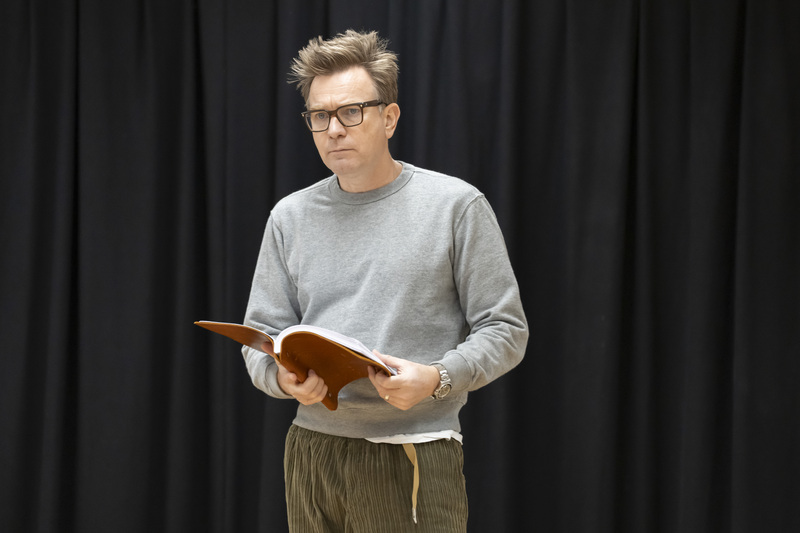Timberlake Wertenbaker’s 1988 play (which itself was based on Thomas Keneally's novel “The Playmaker”, which tells the magnificent story of a young officer in a penal colony during the founding days of Australia) is a joint production between Nottingham Playhouse and Ramps on the Moon.
The show directed by Fiona Buffini enables the considerable talents within the two organisations to combine and demonstrate their on-stage skills with the incorporation and creative use of captioning, audio and sign language which melds effortlessly into the action.
Additionally the piece subtly informs the audience of less obvious facts of the period like for example, after the American War of Independence and the loss of that colony (where some 56,000 convicts had been sent), Britain was forced to investigate other means of ridding itself of its criminal classes. Australia, discovered a mere 16 years earlier, was just one of several options to be explored but the initial difficulties - not least the 260+ day voyage did not convince many of its realistic potential. Like the native American Indians before, the indigenous aboriginal population of Australia whilst largely hospitable were ill-prepared for the ravages of smallpox to which they hadn’t previously been exposed.
Aside from the generally engrossing history lesson, the key message for this reviewer, was that civility breeds civility, cruelty and inhumanity breeds fear and chaos. The play also highlights hard truths about constraints - both in the prison sense and within the confines of established social order, our preconceived views of self and of others, and ultimately the possibilities which transformation and redemption hold. Many of the criminal underclass represented in the story view themselves and their prospects as irredeemably tarnished, but all discover (through their involvement in presenting Farquar’s “The Recruiting Officer” to their fellow colonists), that with a little compassion, imagination and kindness, anything is possible.
Heartbreaking moments exist. Bullying and brutish behaviour, vulnerability and vulgarity are also much in evidence, but so too, is a great deal of humour, charm and stoicism.

 As supplies dwindle, a newly appointed New South Wales Governor is under pressure from his marines to maintain discipline among the convicts. He wrestles with his decision to allow a young lieutenant to direct a play to boost morale and keep their charges occupied.
As supplies dwindle, a newly appointed New South Wales Governor is under pressure from his marines to maintain discipline among the convicts. He wrestles with his decision to allow a young lieutenant to direct a play to boost morale and keep their charges occupied.


